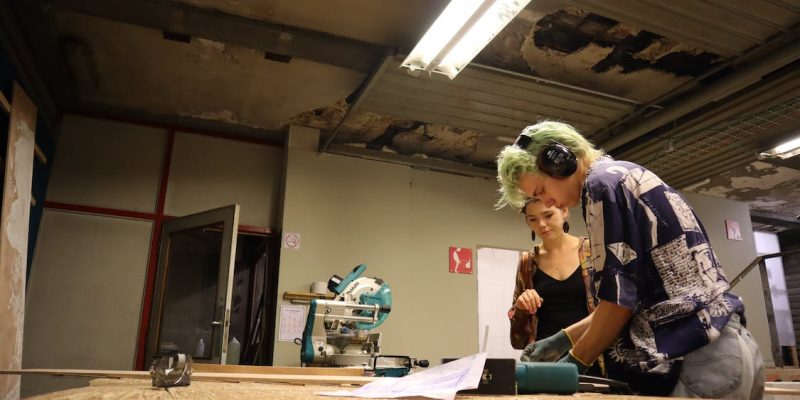Planning a house renovation can be an exciting but daunting task. Proper planning is crucial for a successful outcome, whether you’re looking to update your kitchen, add an extension, or give your entire home a fresh new look. By following these six important steps, you can ensure a smooth and stress-free renovation process.
1. Define your Goals and Vision
Before diving into the renovation process, defining your goals and vision for the project is essential. Take the time to think about what you want to achieve with your renovation. Are you looking to create a more functional space, increase the value of your home, or simply refresh the aesthetics? Understanding your objectives will help guide your decision-making throughout the process.
Consider factors like budget, functionality, and aesthetics when defining your goals. Identify the areas you want to renovate and list your must-haves and nice-to-haves. This will serve as a roadmap for the key providers of your home’s remodeling service and how your project turns out. It helps you communicate your objectives to the professionals involved in the project, such as contractors, designers, and architects. With a clear understanding of your goals, these professionals can provide valuable insights and suggestions to bring your vision to life.
2. Set a Realistic Budget
One of the most important steps in planning your house renovation is setting a realistic budget. Renovations can quickly become costly, so it’s crucial to establish a budget that you’re comfortable with before starting the project. Consider all the expenses involved, including materials, labor, permits, and any unforeseen costs.
To set a realistic budget, research the average costs for the type of renovation you’re planning. Get quotes from contractors and suppliers, and factor in additional funds for unexpected expenses. It’s also wise to include a contingency fund of around 10-20% of your total budget to cover any unforeseen issues that may arise during the renovation process.
3. Research and Gather Inspiration
Once you have a clear vision and budget in mind, it’s time to gather inspiration for your renovation. The home improvement boom is not showing signs of slowing down, and there are plenty of places to gather inspiration. Explore different sources of inspiration, such as online platforms like Pinterest and Houzz, home improvement magazines, and even visiting model homes or showrooms. This research will help you refine your ideas and determine what styles and features resonate with you.
While browsing for inspiration, make a note of specific design elements, color schemes, and materials that catch your eye. Consider creating a digital or physical mood board to compile all your ideas in one place. This will help you communicate your vision effectively to professionals involved in the renovation.
4. Create a Detailed Plan
With your goals, budget, and inspiration in mind, it’s time to create a detailed plan for your renovation project. Start by hiring an architect or designer who can help bring your vision to life. They will create professional drawings and blueprints that outline the layout, dimensions, and specifications of the renovation.
Break down the project into smaller tasks and set realistic timelines for each stage. This will help you stay organized and ensure that the renovation progresses smoothly. Consider factors like lead times for materials, availability of contractors, and any possible disruptions to your daily routine during the renovation.
5. Hire Trusted Professionals
Unless you’re a seasoned DIY enthusiast, it’s crucial to hire trusted professionals for your house renovation. Research and choose skilled contractors, architects, and interior designers who have experience working on similar projects. Seek recommendations from friends, family, and trusted sources, and don’t hesitate to check references and portfolios before making a final decision.
Communication is key when working with professionals. Clearly communicate your goals, expectations, and budget to ensure everyone is on the same page. Regularly check in with the professionals involved to address any concerns or questions that may arise during the renovation process.
6. Obtain Necessary Permits and Permissions
Before starting any major renovations, it’s essential to obtain the necessary permits and permissions from local authorities. Building regulations and codes vary depending on your location, so familiarize yourself with the specific requirements for your project. Failure to comply with these regulations can lead to fines, delays, or even having to undo completed work.
Research the permits needed for your renovation and submit the necessary applications well in advance. It’s advisable to consult professionals who are familiar with the local regulations to ensure a smooth permit application process.

In conclusion, planning your house renovation is an important step towards achieving your desired outcome. By defining your goals, setting a realistic budget, gathering inspiration, creating a detailed plan, hiring trusted professionals, and obtaining necessary permits, you can ensure a successful and stress-free renovation process. Take your time, seek professional advice when needed, and enjoy the journey of transforming your house into your dream home. Remember, home renovations take time and patience, but the end result will be worth it!




















